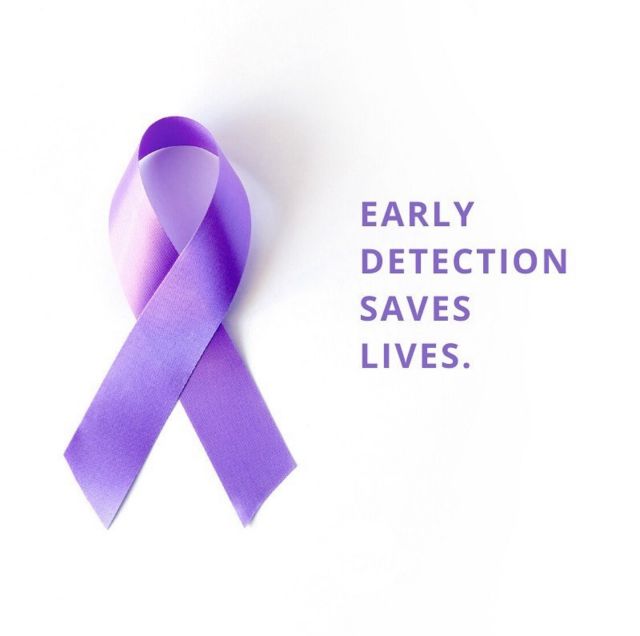Oncologists face a daunting challenge in the face of pancreatic cancer. Its aggressive nature as well as the fact that it’s typically diagnosed at a later stage makes this a difficult disease. Researchers continue to research its intricate nature, while raising questions about its etiology and genetic predispositions. They also ask about prevention strategies and the support provided by pancreatic cancer organizations.

Pancreatic cancer is a genetic disease.
The genetic element of pancreatic carcinoma is one of the most commonly asked concerns. Although the majority of cases of pancreatic cancer are believed to be sporadic which means that they are not caused by an apparent hereditary origin, a subset of cases is related to genetic mutations. Certain genetic disorders, such as hereditary pancreatitis (also known as hereditary pancreatitis), Lynch syndrome (also called Lynch syndrome) and familial multiple mole malignancy (FAMMM syndrome) are linked to increased risk of pancreatic cancer. For familial pancreatic carcinoma it has been discovered that mutations exist in the genes BRCA1, BRCA2, PALB2, ATM and BRCA2. Understanding the genetic causes of pancreatic cancer not only provides insight into its pathogenesis but also informs screening and risk assessment strategies for high-risk individuals.
Pancreatic Cancer: Prevention and Treatment
In light of the negative outlook for pancreatic cancer, it’s crucial to take the necessary steps to stop its progression. While certain variables like gender, race, age and family history are out of our control however, we can make some lifestyle changes to reduce risk. The cessation of smoking as well as keeping a healthy weight, limiting the consumption of alcohol, and following an eating plan that is rich in fruits, vegetables, and whole grains have all been linked with a decreased likelihood of pancreatic cancer. Patients with a history of pancreatic cancer or with known genetic predispositions can benefit from genetic tests and counseling to determine their risk. In high-risk groups dealing with modifiable causes and encouraging early detection may help to prevent pancreatic cancer. For more information, click Pancreatic cancer charity
Pancreatic Cancer Causes
Knowing the primary factors that cause pancreatic cancer is pivotal in devising effective strategies to prevent and treat the disease. While the mechanisms that cause pancreatic cancer remain elusive certain risk factors are well-known. Smoking cigarettes is among of the most significant risk factors, accounting for approximately 20-30% of pancreatic cancer patients. A condition known as chronic pancreatitis which is characterised by inflammation of the organ has also been identified as a pre-cursor to pancreatic cancer. Obesity, diabetes, and certain dietary factors, such as red meats and processed animal products can also be linked with an elevated risk of pancreatic carcinoma. Pancreatic cancer burden can be reduced by addressing important risk factors and adopting preventive measures that are specific to the individual.
Pancreatic Cancer Charity Beacon of Support
The significance of pancreatic charitable organizations in dealing with the issues of pancreatic carcinoma cannot be overstated. They’re invaluable sources, providing help, education, and advocacy to caregivers, patients and healthcare professionals. Pancreatic cancer charities offer a array of services such as financial assistance and support groups. They also offer research and information as well as clinical trials. They play a crucial role in raising awareness about pancreatic cancer and encouraging early detection. They additionally advocate for increased funding for research and better patient care. Pancreatic cancer charities strive to have a profound impact in the fight against the disease through encouraging collaboration and involvement in the community.
Pancreatic Cancer: A Landscape View
In conclusion, pancreatic carcinoma presents a multifaceted challenge that requires a holistic approach that incorporates genetic knowledge methods for prevention, as well as support services provided by Pancreatic cancer charity. While genetic causes are responsible for some cases, efforts to prevent pancreatic cancer focus on risk factors that can be modified and the early detection of high-risk people. Pancreatic cancer can be improved by addressing the main causes and using the resources provided by pancreatic charities. With the progress in research and the increase in awareness, we could look forward to a better future for those who fight pancreatic cancer.